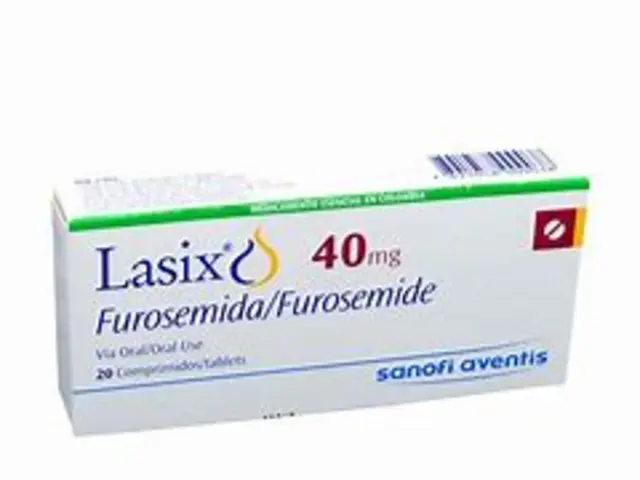Cognitive Decline: What It Is and How to Slow It Down
Ever notice a name slipping your mind or a word taking longer to find? That’s a glimpse of cognitive decline – the gradual drop in mental speed, memory, and problem‑solving that can happen as we get older. It doesn’t mean you’re doomed to forget everything; it just means your brain needs a little extra care.
Common Signs You Might Miss
Most people think only severe memory loss counts, but subtle clues appear first. Struggling to follow a familiar recipe, misplacing everyday items, or taking longer to finish a simple task are all warning lights. You might also feel more tired after reading a news article that used to be easy. These changes often creep in slowly, so you may not notice them until they add up.
Another red flag is trouble keeping conversations on track. If you find yourself jumping from topic to topic or forgetting what you just said, it could be early cognitive decline. Pay attention when friends or family point out these shifts – they’re often the first to see a change.
Everyday Steps to Protect Your Brain
Good news: simple habits can keep your mind sharper for longer. Start with movement. A 30‑minute walk, a bike ride, or light housework gets blood flowing to the brain and supports new nerve connections. You don’t need a gym; just stay active enough to raise your heart rate.
Food matters too. Swap sugary snacks for nuts, berries, and leafy greens. These foods supply antioxidants that guard brain cells. Drinking water regularly also helps because dehydration can fog thinking fast.
Challenge your brain every day. Puzzles, reading a new genre, or learning a hobby forces the mind to adapt. Even simple things like memorizing a short shopping list without writing it down give it a workout.
Sleep is non‑negotiable. Aim for 7‑8 hours of uninterrupted rest. During deep sleep, the brain clears out waste that builds up during waking hours. Skipping sleep makes forgetfulness worse and slows learning.
If you take medications, check with a pharmacist or doctor about side effects that might affect cognition. Some blood pressure pills, antihistamines, or sleeping aids can cloud thoughts. A quick review can prevent unnecessary brain fog.
Stay social. Regular chats with friends or family keep language skills sharp and boost mood. Even a brief phone call counts as mental exercise.
Finally, manage stress. Chronic worry releases cortisol, which harms memory cells over time. Try breathing exercises, short walks, or listening to calming music when tension rises.
Putting these steps together builds a routine that supports brain health without feeling like a chore. Start with one change – maybe a daily walk – and add another as it becomes habit. Your mind will thank you with clearer thoughts, better memory, and more confidence in everyday tasks.

The Importance of Early Dementia Detection and Diagnosis
As a blogger, I cannot stress enough the importance of early dementia detection and diagnosis. Catching the signs of dementia early on can significantly improve the quality of life for both the affected individuals and their loved ones. Early detection offers the opportunity to access appropriate treatments, support, and information, potentially slowing down the progression of the disease. Furthermore, it allows for better planning and decision-making when it comes to care and living arrangements. In summary, early diagnosis of dementia is crucial for managing the disease and ensuring a better future for those affected.
Categories
- Medications (85)
- Health and Wellness (47)
- Pharmacy Services (15)
- Chronic Conditions (9)
- Women Health (6)
- Health and Nutrition (5)
- Medical Research (4)
- Mental Health (4)
- Child Health (2)
- Skincare (2)
Popular Articles



